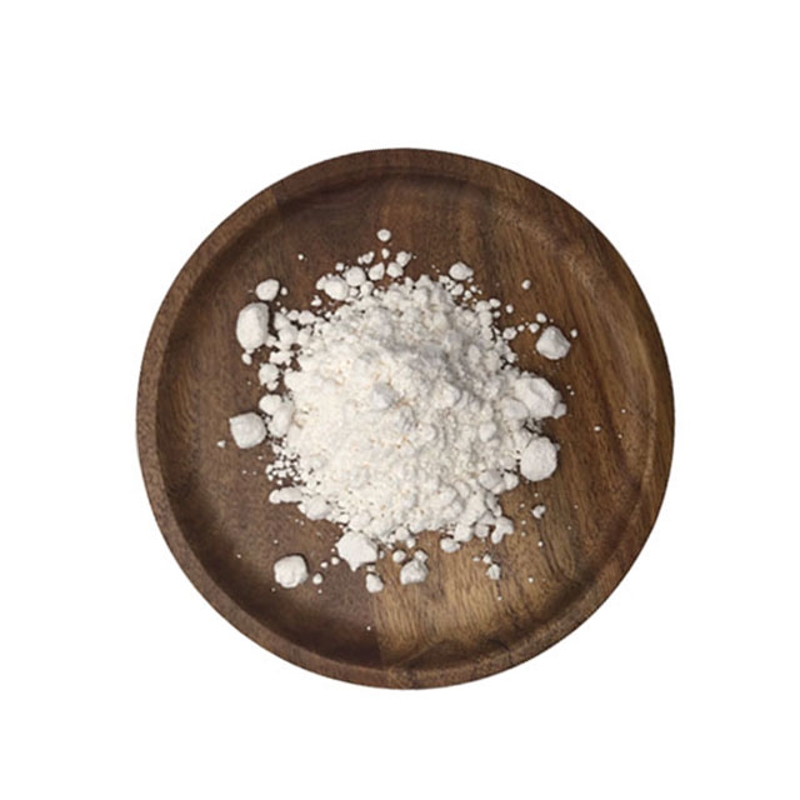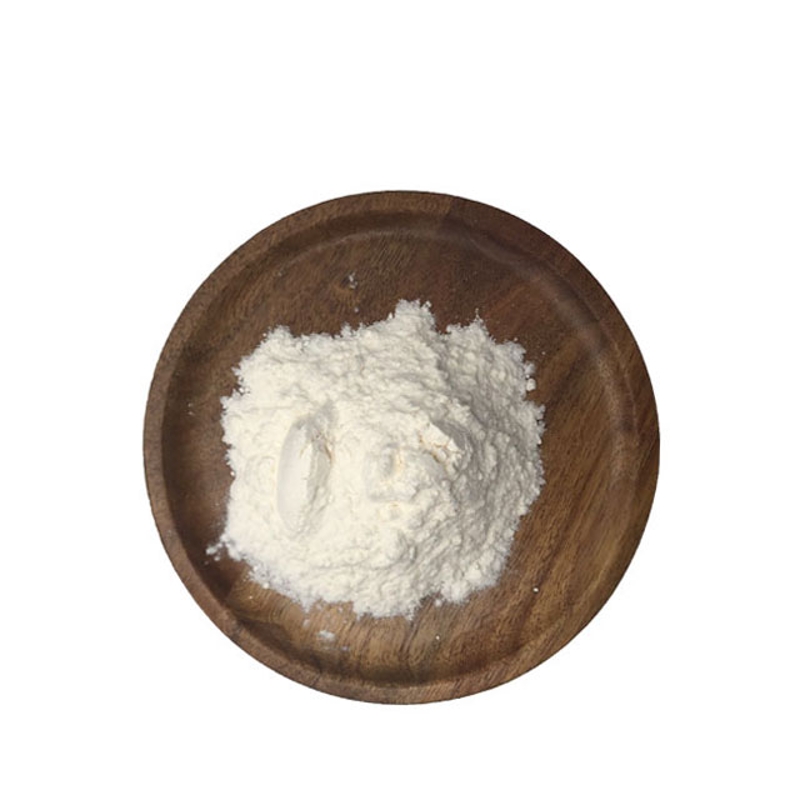-
Categories
-
Pharmaceutical Intermediates
-
Active Pharmaceutical Ingredients
-
Food Additives
- Industrial Coatings
- Agrochemicals
- Dyes and Pigments
- Surfactant
- Flavors and Fragrances
- Chemical Reagents
- Catalyst and Auxiliary
- Natural Products
- Inorganic Chemistry
-
Organic Chemistry
-
Biochemical Engineering
- Analytical Chemistry
- Cosmetic Ingredient
-
Pharmaceutical Intermediates
Promotion
ECHEMI Mall
Wholesale
Weekly Price
Exhibition
News
-
Trade Service
!--., September 26, 2020 // -- Daiichi Sankyo recently announced that Japan's Ministry of Health, Labour and Industry (MHLW) has Approved HER2 Targeted Antibody Association Drug (ADC) Enhertu (fam-trastuzumab deruxtecan, DS-8201) for the treatment of HER2-positive non-removable advanced or relapsed gastric cancer patients.
, Enhertu was awarded SAKIGAKE (Innovative Drug) by MHLW for her treatment of HER2-positive stomach cancer.
the drug was developed globally by The First Three and AstraZeneta, which reserved Japanese rights.
it's worth noting that Enhertu is the first ADC drug approved to treat HER2-positive stomach cancers, which will lead to meaningful advances in the treatment of these cancers.
this approval also marks Enhertu's second MHLW approval in six months.
March this year, Enhertu was approved in Japan for the treatment of HER2-positive, non-excisible or metastasis breast cancer patients who relapse after prior chemotherapy (only for patients who are ineffective or insatiable with standard treatment).
Japan has the third highest incidence of stomach cancer in the world, with about one in five cases considered HER2-positive.
patients with HER2-positive metastatic gastric cancer, treatment options are very limited once the condition progresses after the initial use of the anti-HER2 programme.
Enhertu was the first and only HER2 targeted therapy to show significantly longer total survival (OS) than chemotherapy in HER2-positive metastatic gastric cancer patients who had previously been treated with chemotherapy and anti-HER2 therapy.
, based on the convincingly strong efficacy of clinical trials, Enhertu will become the new standard of care for clinical treatment in this type of patient.
it should be noted that the efficacy and safety of Enhertu in HER2-positive non-excisible or relapsed gastric cancer patients who have not previously been treated with the trastuzumab (HER2 targeted therapy) programme have not yet been determined.
this approval, based on the results of the open label, random Phase 2 TESTINY-Gastric01 trial.
The trial included 187 patients (including 149 in Japan) who had HER2-positive advanced gastric cancer or gastroesophageal junction adenocarcinoma (defined as IHC3 plus or IHC2 plus/ISH plus) who had previously received two or more options (including 5-FU, platinum-containing chemotherapy, tricousto-pearl monoantigen) but progressed.
the study, patients were randomly assigned to Enhertu (6.4 mg/kg) or chemotherapy (yew alcohol or elixir monotherapy) selected by the study investigators on a 2:1 scale, once every three weeks.
results showed that the study reached the primary and critical secondary endpoints: the Enhertu treatment group achieved statistically and clinically significant improvements in objective remission rate (ORR) and total lifetime (OS) compared to the chemotherapy group.
specific data are: of 175 patients assessable (including 140 Japanese patients), orR was assessed through independent central review (ICR): (1) ORR in the Enhertu group was 51.3% (95% CI: 41.9-60.5%), and 14.3% in the chemotherapy group (95% CI: 6.4-26.2%).
in a pre-designated interim analysis, the Enhertu group had a 41% lower risk of death than the chemotherapy group (HR=0.59; 95% CI:0.39-0.88; p=0.0097).
12.5 months in the Enhertu group and 8.4 months in the chemotherapy group.
, Enhertu's safety and tolerance were consistent with previously reported Enhertu trials.
122 (97.6%) of the 125 patients treated with Enhertu (including 99 Japanese patients) had adverse drug-related reactions.
most common adverse reactions were a reduction in neutral granulocytes (78 cases, 62.4%), nausea (72 cases, 57.6%), loss of appetite (66 cases, 52.8%), anemia (51 cases, 40.8%), plate plate plate reduction (48 cases, 38.4%), white blood cells Reduction (47 cases, 37.6%), fatigue 43 cases (34.4%), diarrhea (31 cases, 24.8%), hair loss (28 cases, 22.4%), decreased lymphocyte count (27 cases, 21.6%), vomiting (26 cases, 20.8%) and others.
11 out of 99 patients in Japan had interstitity lung disease (ILD, 11.1%).
Endertu (trastuzumab deruxtecan, DS-8201) is a new generation antibody drug coupled (ADC) that targets HER2's humanized monoclonal antibody trastuzumab through a 4 peptide link Anti) is linked to a new topological isomerase 1 inhibitor exatecan derivative (DX-8951 derivative, DXd) that targets the delivery of cytotoxic agents to cancer cells and reduces systemic exposure of cytotoxic agents compared to normal chemotherapy.
In March 2019, AstraZenecom entered into a $6.9 billion immuno-oncology partnership with Phase 13 to develop Enhertu for the treatment of cancer patients with various HER2 expression levels or HER2 mutations, including stomach, colorectal and lung cancer, and HER2 low-expression breast cancer.
the agreement, the two sides will jointly develop and commercialize Enhertu on a global scale, with the first three retaining exclusive rights to the Japanese market and taking sole responsibility for manufacturing and supply.
December 2019, Enhertu received the world's first: FDA accelerated approval of Enhertu for adult HER2-positive metastasis breast cancer patients who have received two or more anti-HER2 drugs in metastasis.
Enhertu received the world's first batch in december 2019: FDA accelerated approval for adults with HER2-positive metastasis breast cancer who have received two or more anti-HER2 drugs in metastasis.
!--/ewebeditor:page--!--ewebeditor:page title"--previously, the FDA has granted Enhertu three breakthrough drug qualifications (BTD):(1) for the treatment of metastasis non-small cell lung cancer (N N) that progresses during or after platinum-containing chemotherapy and presents HER2 mutations in tumors. SCLC) patients; (2) HER2-positive, non-excisive or metastatic gastric or gastroesophageal junction adenocarcinoma patients who have previously received at least 2 programs (including trastuzumab) and (3) for the treatment of HER2-positive metastatic breast cancer patients, which was approved in December 2019.
industry is bullish on Enhertu's business prospects, with pharmaceutical market research agency Evaluate Pharma predicting Enhertu's sales could reach $2 billion by 2024.
original source: ENHERTU® approved in Japan for the Treatment of Patients with HER2 Positive Metastatic Gastric Cancer !--/ewebeditor:page--







